The Cycle of Conspiracy Theories
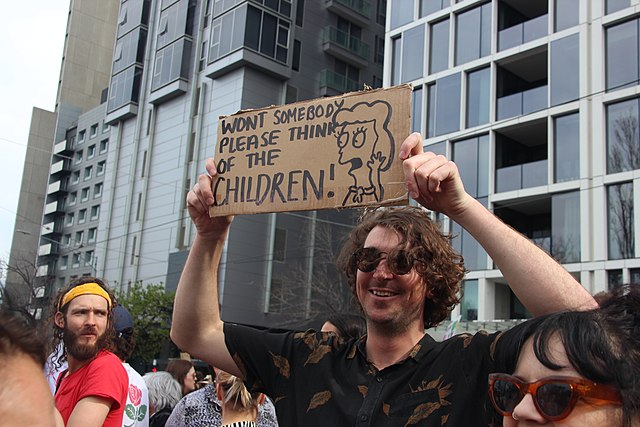
In his response to our interview with Carmen Celestini, Raymond Radford builds on Celestini’s discussion of conspiracy theories as “history repeated” in his analysis of social responses to pandemics “then and now.”
Correcting Misperceptions at the Intersections of Evangelicalism and Climate Change
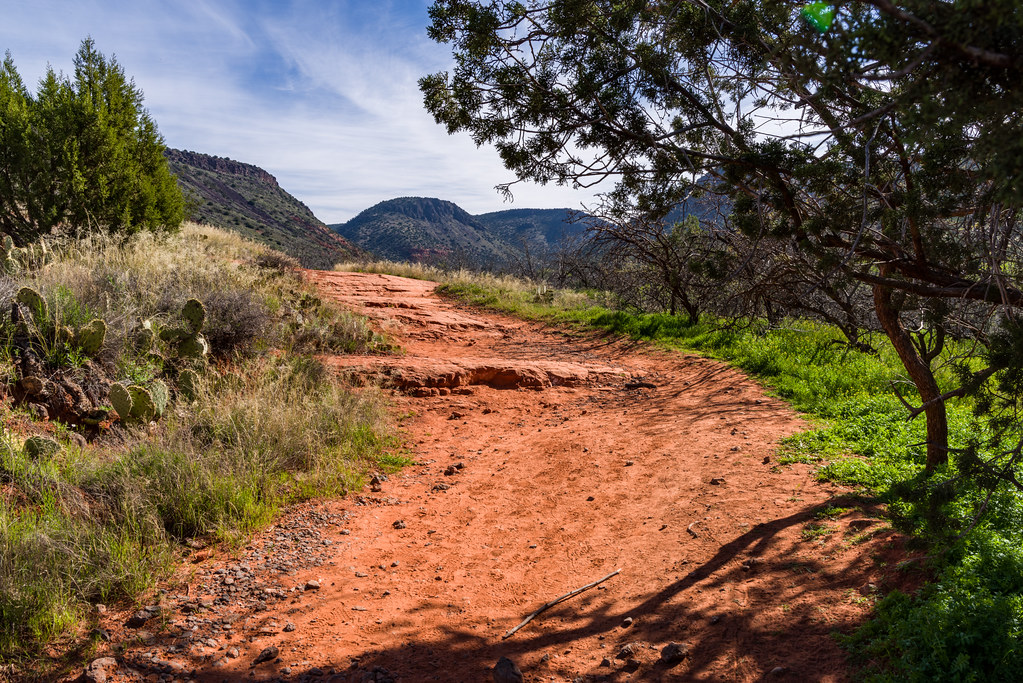
In this week’s response to our interview with Robin Veldman, Dr. Emma Frances Bloomfield challenges the oversimplification of the category “evangelicals” and employment of apocalyptism in climate change discourses.
“A Jesus Before Paul?”

Kicking off our Season 11 Response essays, Robyn Faith Walsh builds on Willi Braun’s discussion of the emphasis on origins in New Testament studies to explore the strategic use and employment of Paul’s letters in the history of Christianity.
Using Archaeology to Learn about Christian Diversity and Martyr Shrines
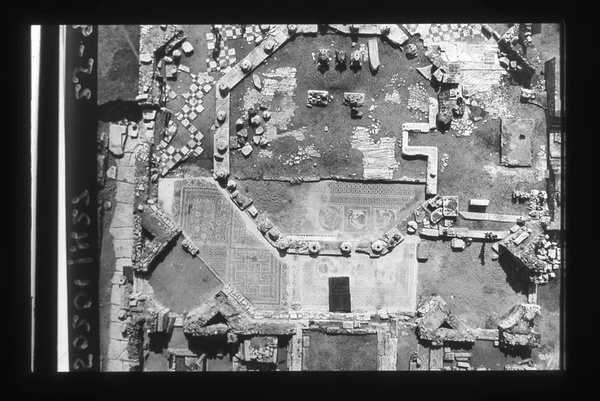
Sarah Griffis highlights how Morehouse demonstrates the central issue of studying diverse social groups in antiquity: “how do you get something new out of what’s already there before it? Whatever it is that’s new needs to be intelligible enough to be compelling and persuasive.”
Ritual Theory at the Margins of a Minority Tradition

In this response, Joel Bordeaux notes that Ellen Gough’s focus on the ritual components and “tantricization” of Jain ascetic practices offers a new way of thinking through and contextualizing the “notoriously slippery notion of Tantra” in the subcontinent.
“A Space of Encounter:” The U.S. Military and American Religious Pluralism
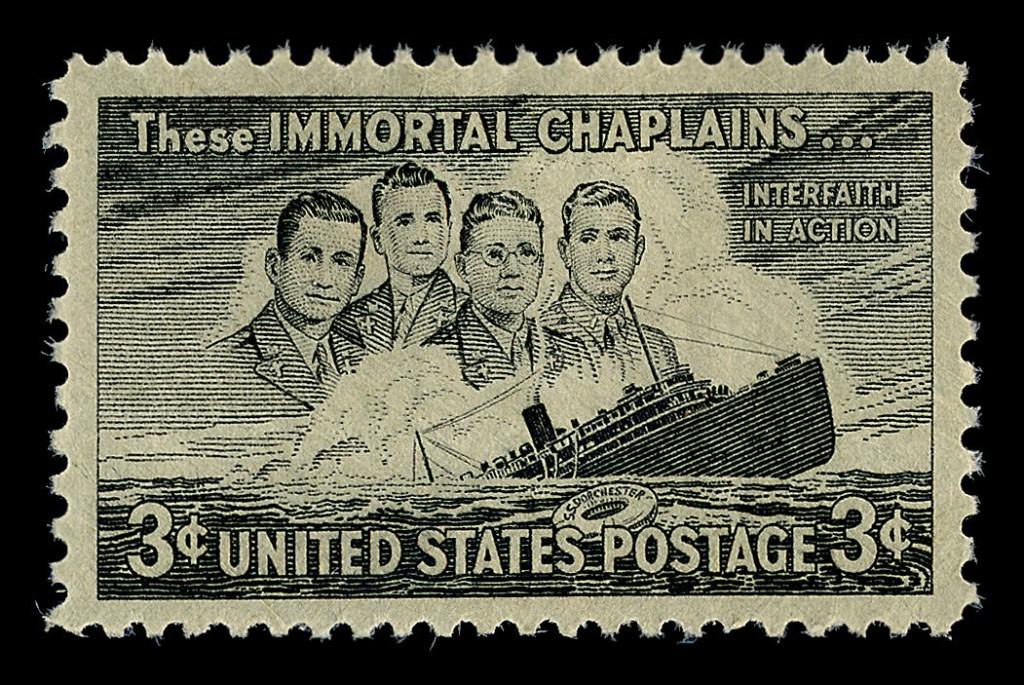
Raymond Haberski, Jr. writes that our interview with Ronit Stahl about Military chaplaincy “provides a nuanced picture of pluralism” in the United States. This reveals how massive institutions like the U.S. military operationalize pluralism to “both incorporate difference and flatten distinctions.”
On Tantra, Jain Style

“The story that Dr. Gough is telling about the development of Jain tantra—the Jain adoption of mantra-practice, but rejection of antinomianism—thus seems to me to be a fundamentally noteworthy case-study,” writes Anne Mocko on our interview with Ellen Gough discussing the ‘tantricization’ of Jain ascetic rituals.
Rethinking Narratives of ‘American Values’ in the US Military

Jessica Cooperman writes that Stahl’s work demonstrates how racism shapes religious institutions and argues that “it points to the necessity of re-examining American narratives of religious freedom through the analytical lenses of both race and gender.”
Sovereignty, Historical Memory, and the Importance of Aliite Worldviews
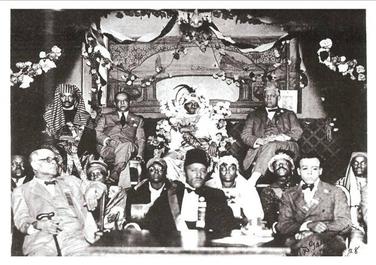
“The processes by which the Aliites imagine their history reveal much about how state sanctioned ideas and institutions gain and maintain seeming natural validity,” writes Chernoh Sesay, Jr., in response to our interview with Spencer Dew on the Aliites.
Is Climate Denial ‘Bad Religion’?
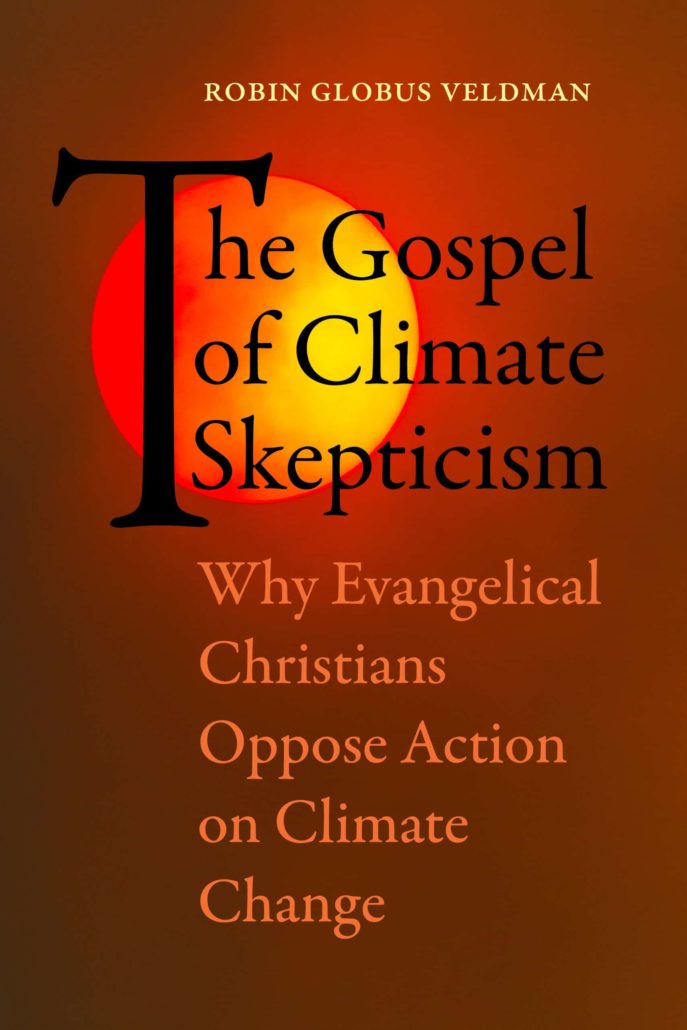
“Climate change demands intellectual adaptation by scholars of all disciplines, religious studies included,” writes Evan Berry in response to our interview with Robin Veldman on evangelical opposition to climate action.
The Problem of Contextuality in Global Environmental Discourses
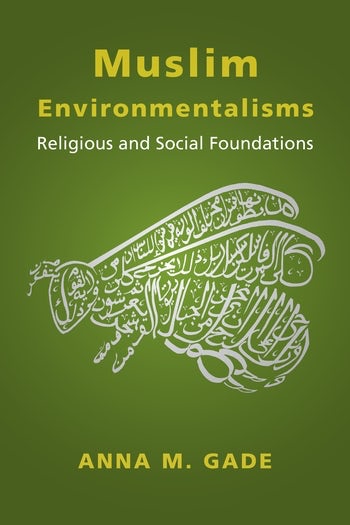
Decolonizing ecological studies or environmental humanities forces us to “return to the problem of context,” writes Rosemary Hancock in this response to our interview with Anna Gade.
It’s a kind of magic – Experiences with the Resisting Object
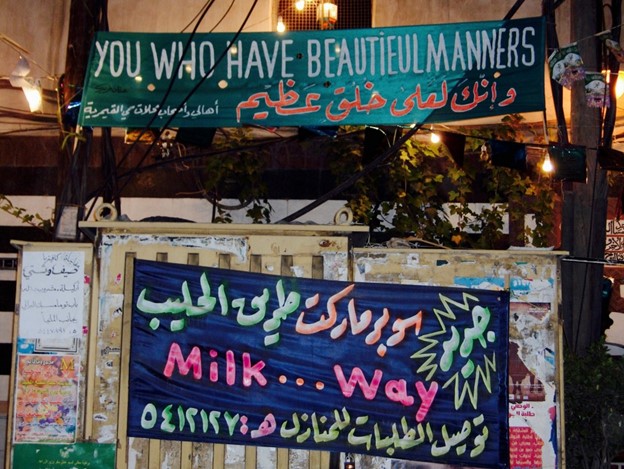
“The body alone cannot deal with the language problem that we have,” writes Alina Kokoschka in her response to our interview with Richard McGregor on images, aesthetics, and challenge of studying objects in Islam.
Following Resistance

How can Islamic Studies help advance the study of religion and visual and material culture, asks Anna Bigelow in this response to our interview with Richard McGregor. One way is through “close attention to the subtleties” of context, method, and discipline that characterize work that intently follows the objects and their “multiple, shifting registers.”
New Types of Storytelling for the Non-Religious

Maria Nita says we’ve gone beyond new stories for the nonreligious in this response to our episode with Tim Stacey. We see “new types of storytelling,” she contends, and this opens exciting ethnographic opportunities for future scholarship.
The Varieties of Environmental Myth-Making
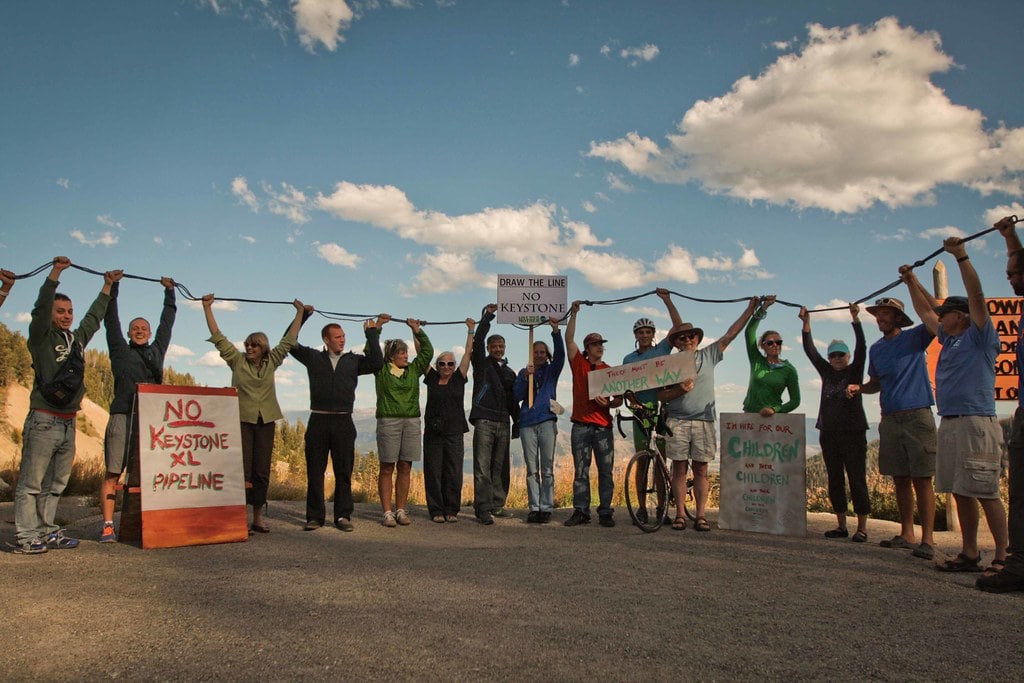
Stories can “exert an agentic force” that makes them powerful tools for environmental action among the nonreligious for whom belief is a weak analytic category argues Lisa H. Sideris in this response to our interview with Tim Stacey.
